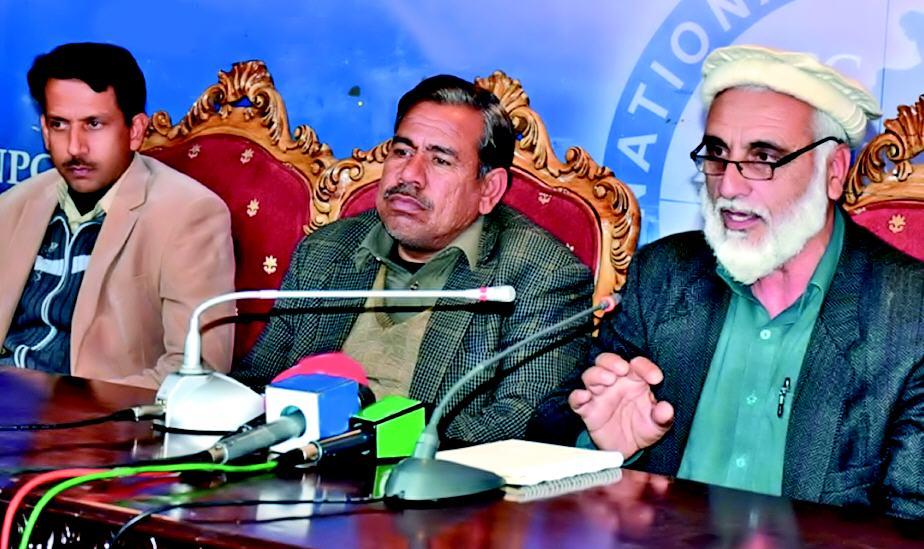Press Release
Lahore, 21 February 2019: A Full Bench of the Lahore High Court heard arguments by Petitioners challenging the Seed (Amendment) Act, 2015 and the Plant Breeder’s Rights Act, 2016.
Advocate Sheraz Zaka, appearing on behalf of the NGO One-World, submitted that these laws were passed at the behest of multinational seed and GMO companies and were against the interests of farmers in Pakistan. He pointed out how these law prohibit the storage and sharing of seeds, which has been a fundamental feature of agriculture since the dawn of civilization. The new laws would require farmers and seed companies to register new verities with the Intellectual Property Organization in Islamabad.
Advocate Ahmad Rafay Alam appearing for NGO Sojhla for Social Change argued the Plant Breeder’s Rights Act, 2016 could not have been passed by Parliament as it was a provincial subject. He pointed out the province of Punjab had taken measures to draft the Punjab Seed (Amendment) Bill and Punjab Farmer’s Rights Bill, and that the laws passed by Parliament usurped the powers of the provinces. The laws passed by Parliament, it was submitted, failed to recognize Pakistan’s international obligations to protect Farmers’ Rights and also usurped provincial jurisdiction. The petition filed by Sojhla for Social Change is supported by the Pakistan Kissan Mazdoor Tehreek.
A representative appearing on behalf of the Federation of Pakistan submitted the Seed (Amendment) Act, 2015 and Plant Breeder’s Rights Act, 2016 were passed keeping in view advancements in technology and the needs of seed dealers.
After hearing arguments, the Full Bench adjourned the hearing of the matter to 26 February 2019 for arguments by the Federation of Pakistan.

